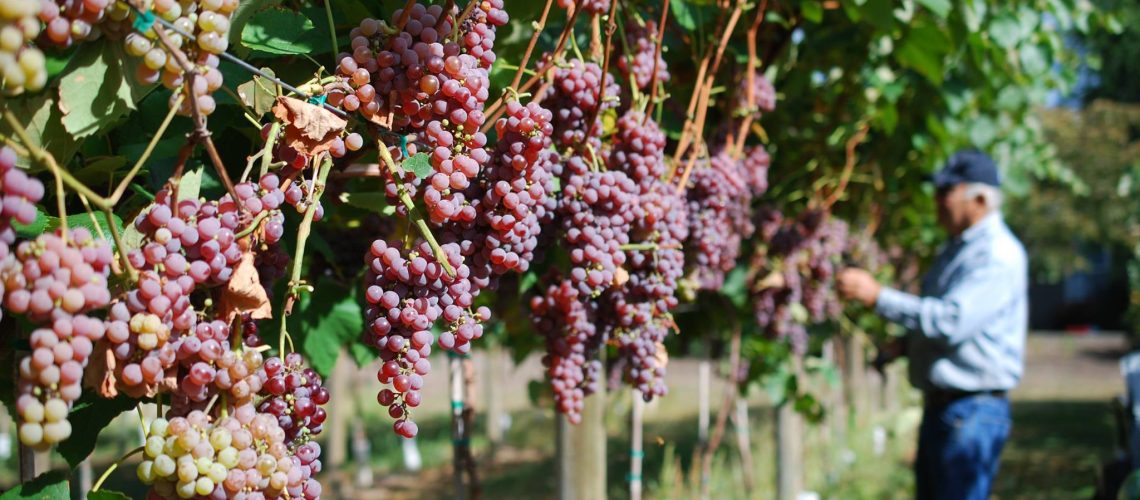
We had the pleasure of speaking to Mike Ellis of Mt. Hope Farms as he shared his experience with microBIOMETER®. We also learned a lot about his family farm in Molalla, Oregon.
“Had a great opportunity to take my new microbe test kit out for a spin. It was quick and easy to get results and gave us a great insight into where we are at today. I’ve only run a few tests but it was easy and an invaluable tool to immediately see exactly where we are at, soil microbe wise.
I plan to be using this quite frequently to evaluate how we are doing with our farm/soil stewardship goals. We plan to do testing before and after applications of a number of commonly used products on our farm so we can evaluate if each one is helping or hurting our microbes. This way if we do have to do anything that will hurt them, we can hopefully follow it with products and practices that will help them heal.” –Mike Ellis
About Mt. Hope Farms
Mt. Hope Farms is a multigenerational family farm specializing in growing unique berries such as aronia and haskap as well as table grapes and in making fruit spreads in very small batches. Mike and his wife, Laura, represent the 3rd generation farming this land. Mike grew up farming with his dad, who he still farms with, and his grandpa, until he passed away at 92 (still farming and never fully retiring). Farming is part of the Ellis DNA and even though their boys are still very young, they want nothing more than to be on a tractor or out working in the vineyard or fields. They are truly a family farm and make all decisions together.
For many years, the family farmed larger commodity crops (such as grass seed, wheat, clover seed, radish seed, etc.). While they still grow some of these, namely grass seed, clover seed, and radish seed, they have been working hard to transition over to crops that can be grown on a smaller amount of acreage (requiring less rental ground), take less large equipment and can more easily be grown according to their biological and organic farming standards, making them more sustainable. They also needed to begin switching to crops that would carry through to the next generation, crops that would prove to be long term investments. Crops like their grapes and berries are long-term crops that will still be producing once their two sons are older and ready to take over operations, if they choose to.
All of their food crops have great flavor, are highly nutritious and nutrient dense and are less common than many already found in the Willamette Valley. To achieve this requires a healthy and highly productive soil. The only way that they believe they can consistently hit their yield and quality goals is to pay close attention to the soil fertility and soil microbial health. Every generation of their family has done their best to leave the land better than they have found it, regardless of whether it was rental ground or owned ground. Prior generations did the best they could with the understanding, knowledge, and tools that they had, and Mike is beyond grateful for all that they did. Now it is their turn and they will do all that they can to continue that tradition, not just for themselves but also for generations to come.

